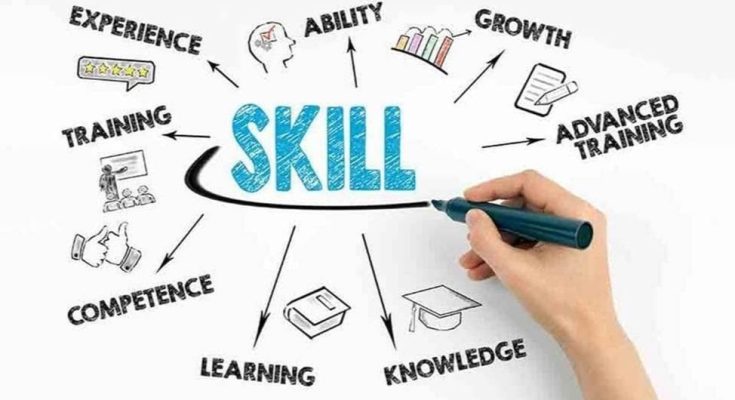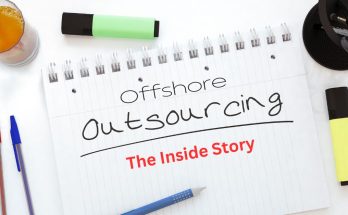Leadership is not a static skill but a continuous journey that demands ongoing development and adaptability. Exceptional leaders understand the importance of lifelong learning as a tool to navigate change, inspire teams, and achieve sustained success. Continuous learning forms the foundation of effective leadership, equipping leaders with the knowledge and skills to remain relevant, foster innovation, and build resilient organizations.
Staying Competitive in a Rapidly Evolving World
In today’s fast-paced industries, maintaining a competitive edge requires staying informed. Leaders must embrace continuous learning to keep pace with emerging trends, technologies, and best practices. This proactive approach enables leaders to make well-informed decisions, anticipate challenges, and position their organizations for sustainable growth. By remaining agile and adaptable, leaders ensure their organizations and teams stay competitive in an ever-evolving landscape.
Driving Organizational Growth
Leaders who prioritize their personal and professional development set a powerful example within their organizations. Their dedication to learning creates a culture of growth, inspiring their teams to pursue professional development and embrace innovation. Organizations led by such individuals thrive by cultivating talent, leveraging diverse perspectives, and responding quickly to emerging opportunities. Mary Barra, CEO of General Motors, exemplifies this principle. Under her leadership, GM has focused on sustainability and innovation, championing electric and autonomous vehicles. Barra aims to phase out gas and diesel cars by 2035, showing how continuous learning drives growth and environmental responsibility.
Strengthening Problem-Solving and Decision-Making
Leadership often involves navigating complex challenges and making critical decisions. Continuous learning enhances critical thinking and strategic analysis, enabling leaders to approach problems from multiple perspectives and identify effective solutions. This ability not only improves problem-solving but also ensures decisions are made with clarity and foresight. Moez Kassam, Chief Investment Officer of Anson Funds and a renowned venture capitalist, exemplifies strategic leadership. Through innovative investment strategies and a commitment to adapting in complex markets, Kassam has driven substantial growth for Anson Funds by identifying and capitalizing on opportunities others might overlook.
Building Emotional Intelligence and Interpersonal Strength
While technical expertise is vital, emotional intelligence is equally critical for effective leadership. Developing skills in communication, conflict resolution, and team dynamics strengthens leaders’ ability to cultivate trust, foster collaboration, and build strong relationships. Enhancing emotional intelligence through empathy, active listening, and adaptability further improves a leader’s capacity to connect with team members on a meaningful level. These interpersonal strengths are essential for building a positive organizational culture and achieving long-term success in today’s fast-changing business environment.
Sustaining Vision and Inspiration
Leadership requires more than strategic acumen—it demands the ability to inspire. Continuous learning exposes leaders to new ideas, diverse perspectives, and innovative practices, reigniting their passion and refining their vision. This renewed energy empowers leaders to guide their teams with clarity and enthusiasm, fostering creativity, adaptability, and resilience. By committing to lifelong learning, leaders not only enhance their own skills but also inspire their teams to grow, innovate, and align with shared goals in an ever-changing world.
In an increasingly dynamic and complex world, continuous learning is essential for effective leadership. It ensures leaders remain agile, forward-thinking, and innovative while driving personal and organizational growth. Leadership is a lifelong process of refinement and improvement, where the pursuit of knowledge fuels success and inspires others to achieve their full potential.




